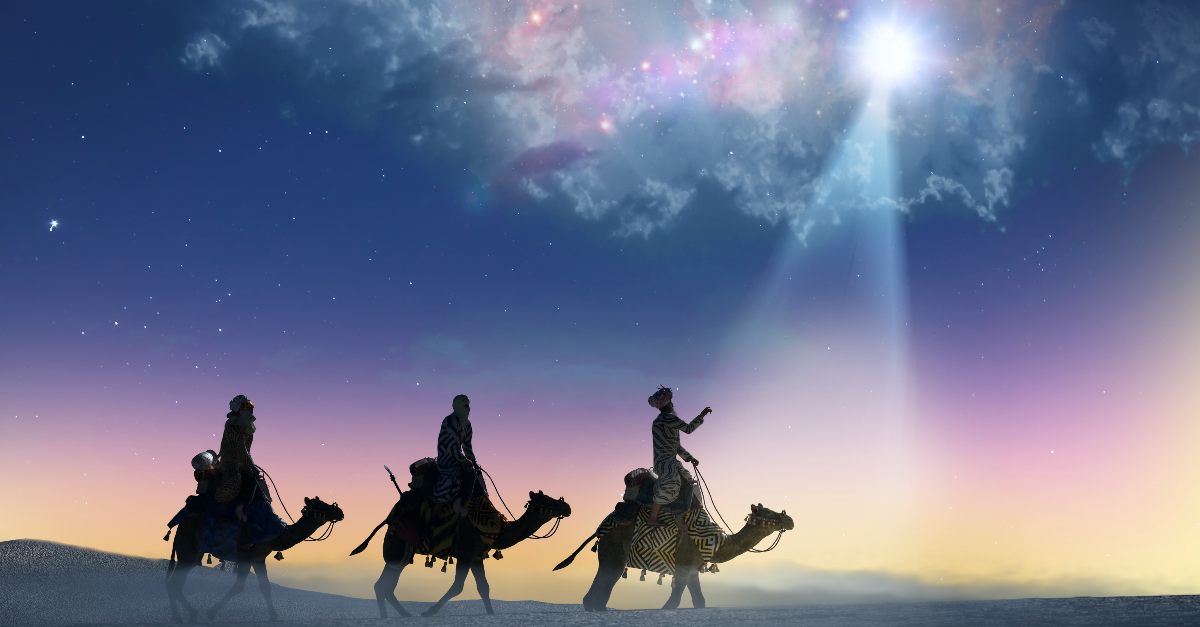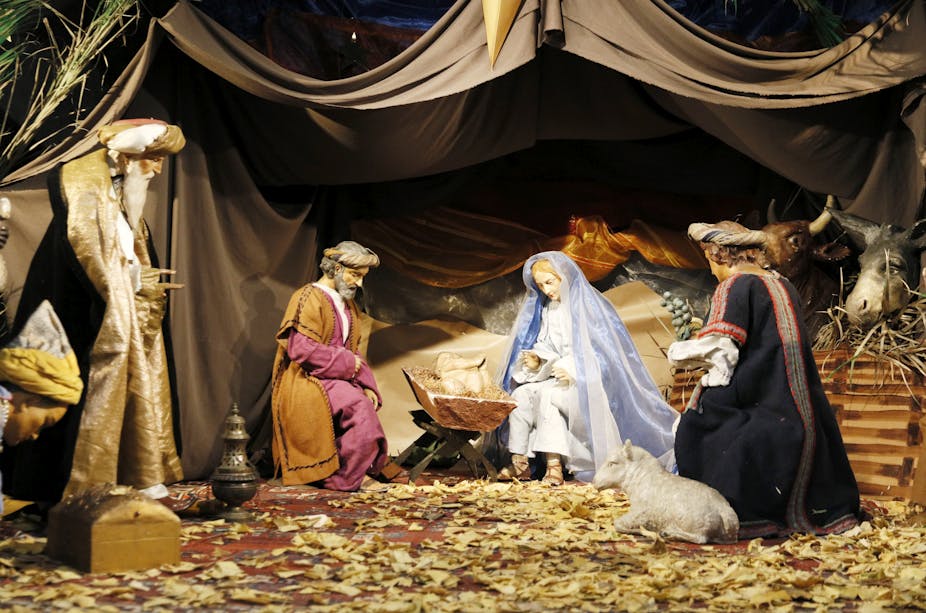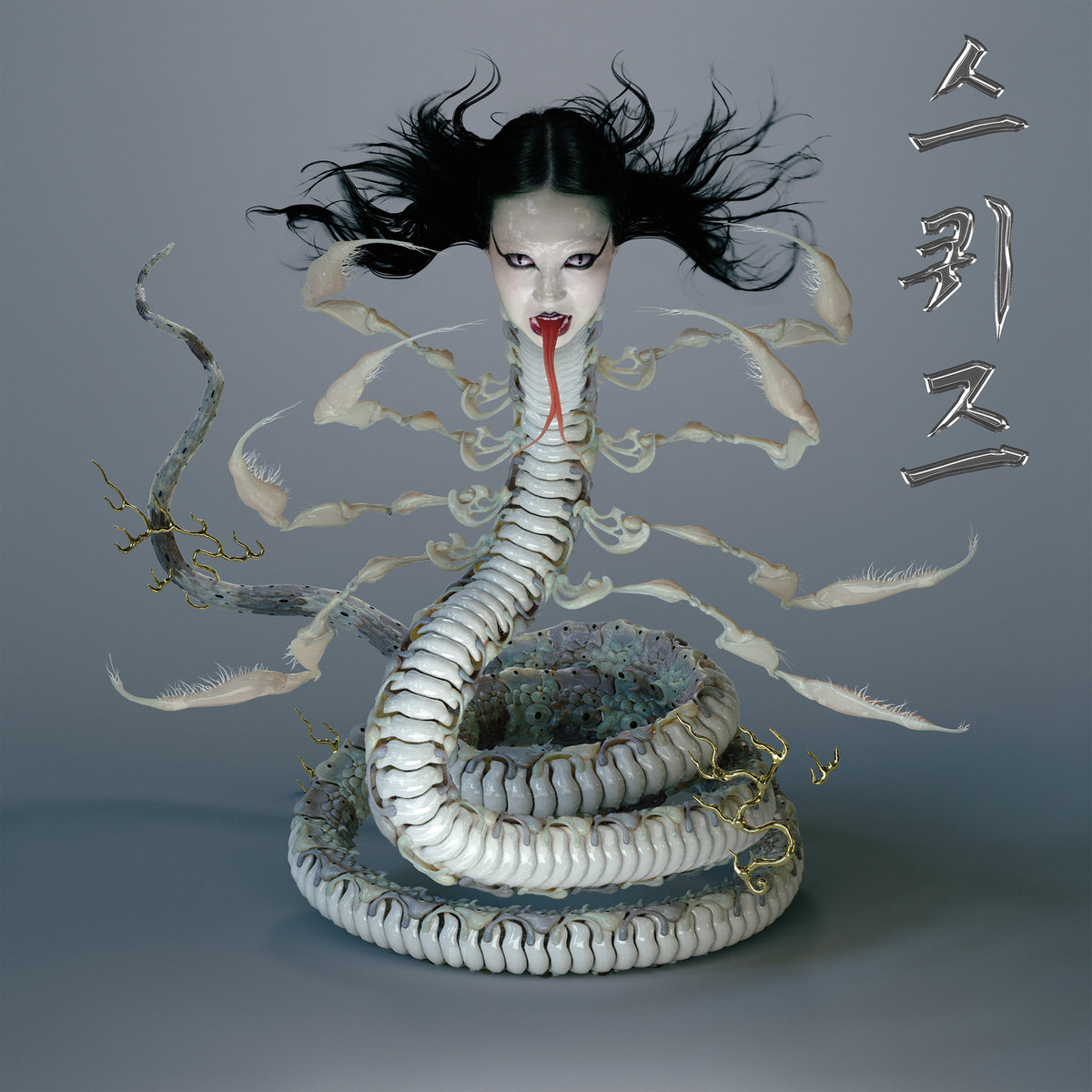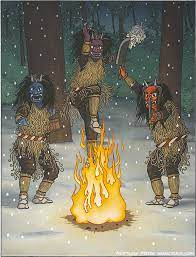
Merry Christmas and Happy New Year
Babushka lived in a small peasant village in Russia.
She always
worked hard cleaning and keeping her house tidy; it was the cleanest
house in the whole village. But Babushka’s talents didn’t stop there.
Her garden was full of flowers and her cooking was fantastic.
One evening she was busy dusting and
cleaning away, she was so engrossed in her work that she didn’t hear her neighbors outside talking about a bright new star in sky. She had
heard about the star but thought it was a lot of fuss about a star. “I
don’t have the time to look because I’m so behind with my work.” she
said. “I must work all night!”
She missed the star as it shone in the
sky, and she missed the little line of twinkling lights coming down
towards the village at dawn. She didn’t hear the sounds of the pipes and
drums playing music, and she missed her neighbors whispering in wonder
at what the lights were.

And she finally missed when all the
villagers went quiet, and didn’t hear when the sound of footsteps came
up the path to her door. But she didn’t miss the loud knocking on her
front door moments later! “What is that?” she wondered. When the door
opened, Babushka’s mouth dropped in amazement.
There were three kings at her door with
one of their servants! “My masters need a place to rest,” said the
servant, “and yours is the best house in the village.” “You want to stay
here?” asked Babushka. “Yes”, replied the servant. “It would only be
until night falls and the star appears again.” Babushka was nervous, and
gulped. “Come in, then.” she said.

As soon as they walked across the
threshold, the three kings were delighted with all the food they saw:
home-baked bread, pies and cakes. Babushka dashed about, serving them
and offering the best of her hospitality, asking lots of questions.
“Have you come a long way?” Babushka
asked. “A very long way”, sighed the first king, Caspar. “Where are you
going?” she continued. “We’re following the new star”, said the second
king, Melchior. “But where?”, Babushka wondered.

The three kings said they didn’t know,
but they believed that the star would lead them to a new-born king, a
King of Earth and Heaven. “Why don’t you come with us?” asked the third
king, Balthazar. “You could bring him a gift like we do. I bring gold,
and my colleagues bring spices and perfumes.”
“Oh”, said Babushka, “I’m not sure that
he would welcome me” she said. “And what could I bring for a gift? Toys!
I know I could bring a toy. I’ve got a cupboard full of toys.” she said
sadly. “My baby son died when he was small.”
Balthazar stopped Babushka as she went to
tidy the kitchen up. “This new king could be your king too. Come with
us when the star appears tonight”, he said. “I’ll think about it”,
sighed Babushka.
As the kings slept, Babushka tidied up as
quietly as she could. “What a lot of extra work there was!” she
thought, “and this new king, what a funny idea, to go off with the kings
to find him.”
Babushka shook herself. There was no time
for dreaming, all this washing-up and putting away had to be done.
“Anyway,” she thought, “how long would she be away? What would she wear?
What about the gift?” She sighed. “There is so much to do. The house
will have to be cleaned when they’ve gone. I couldn’t just leave it.”
Suddenly it was night-time again and the
star was in the sky. “Are you ready, Babushka?” asked Balthazar. “I’ll
come tomorrow,” Babushka called, “I must just tidy here first and find a
gift.”
The kings went away sadly. Babushka ran
back into her house, keen to get on with her work. Finally, she went to
the small cupboard, opened the door and gazed at all the toys. But they
were very dusty. They weren’t fit for a baby king. Babushka decided that
they would all need to be cleaned, and she polished all of the toys
until each one shined.
Then Babushka looked through the window:
it was morning! The star had came and gone. She knew the kings would
have found somewhere else to rest by now, and that she could easily
catch them up, but she felt so tired and soon she fell asleep.
The next thing Babushka knew, she was
awake and it was dark outside. She had slept all day! Babushka quickly
pulled on her cloak, packed the toys in a basket and ran down the road,
the same way the kings had gone before her.
Everywhere she went, Babushka asked “Have
you seen the kings?” “Oh yes,” everyone told her, “we saw them. They
went that way”, as they pointed further down the road. Babushka followed
the trail of the kings, as the villages got bigger and became towns.
But Babushka never stopped, and soon she came to a city.
“The palace,” she thought. “That’s where
the royal baby would be born.” But when Babushka got to the door, she
was disappointed. ”No, there is no royal baby here,” said the palace
guard when she asked him.
“What about three kings?” she asked. “Oh
yes, they came here, but they didn’t stay long” said the doorman. “They
were soon on their journey.” “But where to?” asked Babushka.
“Bethlehem”, the doorman replied. “But I can’t imagine why. It’s a very
poor place.”
Babushka set off towards Bethlehem, and
by evening she had arrived and had been traveling for a long time. She
went into the local inn and asked about the kings. “Oh yes,” said the
landlord, “the kings were here two days ago. They were very excited, but
they didn’t even stay the night.”
“And what about a baby?” Babushka asked.
“Yes, there was a baby” said the landlord. “The kings asked about a
baby, too.” When he saw the disappointment in Babushka’s eyes, he
stopped. “If you’d like to see where the baby was,” he said quickly, “it
was across the yard there. I couldn’t offer the couple anything better
at the time. My inn was really full, so they had to go in the stable.”

Babushka followed him across the yard.
“Here’s the stable.” he said, and left her. “Babushka?” Someone was
calling her from the doorway. He looked kindly at her. She wondered if
he knew where the family had gone. She knew now that the baby king was
the most important thing in the world to her. “They have gone to Egypt,
and safety,” he told her. “And the kings have returned to their
countries. But one of them told me about you. I am sorry to tell you,
but you are too late.”
Babushka was very sad that she had missed the baby. It is said that Babushka is still looking for Jesus today….
Baboushka and The Three Kings is a children's picture book written by Ruth Robbins, illustrated by Nicolas Sidjakov, and published by Parnassus Press in 1960

















